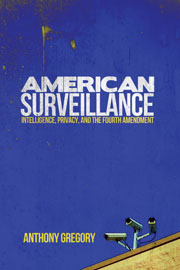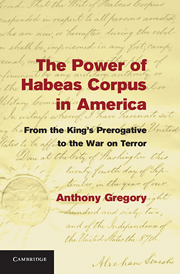San Francisco and Santa Clara County’s banning of McDonald’s Happy Meals is a bad use of government regulatory authority. Pro or con?
---------------
Pro: Oh, Come On
by Anthony Gregory, Independent Institute
McDonald’s (MCD) Happy Meals, however vulgar, tacky, and easily associated with public health concerns, are a part of modern American culture. Parents will occasionally buy kids fast food, which sometimes comes with toys, as do Cracker Jacks and some cereal boxes.
I make no apologies for a society in which children clamor for hamburgers, fries, and sweetened water served in easy-crossword-puzzle covered boxes accompanied by junk toys made in China.
If governments think there is a health epidemic, officials should end corn subsidies, which distort the American diet for the worse, address the horrible school lunch programs, and rethink having kids sit in classrooms seven hours each weekday.
But government bans on Happy Meals are a shot across the bow of American freedom. They are an attack on parents’ rights, childhood, common sense, and free enterprise.
Granted, there are a thousand things worse than a Happy Meal ban, but there are a million things worse than eating a Happy Meal. I ask those who find this petty: What’s next? Officials are already taxing lemonade stands, spying on students through their laptops, purging images of tobacco from classic cartoons, and persecuting pupils for drawing pictures of weapons and bringing aspirin to class.
Sorry kids, the war on fun appears to have no end.
Con: It’s a Sobering Issueby Stacey Folsom, Corporate Accountability International
San Francisco’s and Santa Clara’s actions are not bans. They are common-sense health interventions that set nutrition guidelines for children’s meals accompanied by toy giveaways. Each year, McDonald’s and its competitors use giveaways to sell more than a billion junk food meals to children under 12.
These government actions address a national public health crisis that costs more than $150 billion in medical care each year. For too long the response to this epidemic has been to pour taxpayer dollars into nutrition education and physical activity programs while failing to address the junk food marketing that drowns out such worthwhile initiatives. After all, the junk food industry spends more every four days than the leading U.S. anti-obesity foundation does in a year.
Well, San Francisco and Santa Clara residents were just the first to finally say enough is enough.
“Every day I care for children who are suffering from diet-related conditions such as high blood pressure, sleep apnea, and pre-diabetes,” says Dr. Amy Beck, a pediatrician at University of California, San Francisco, who was among the thousands of residents who supported the local efforts to rein in junk food marketing.
If today’s obesity epidemic is to be reversed, government must hold industry accountable for its role in making our kids sick.








